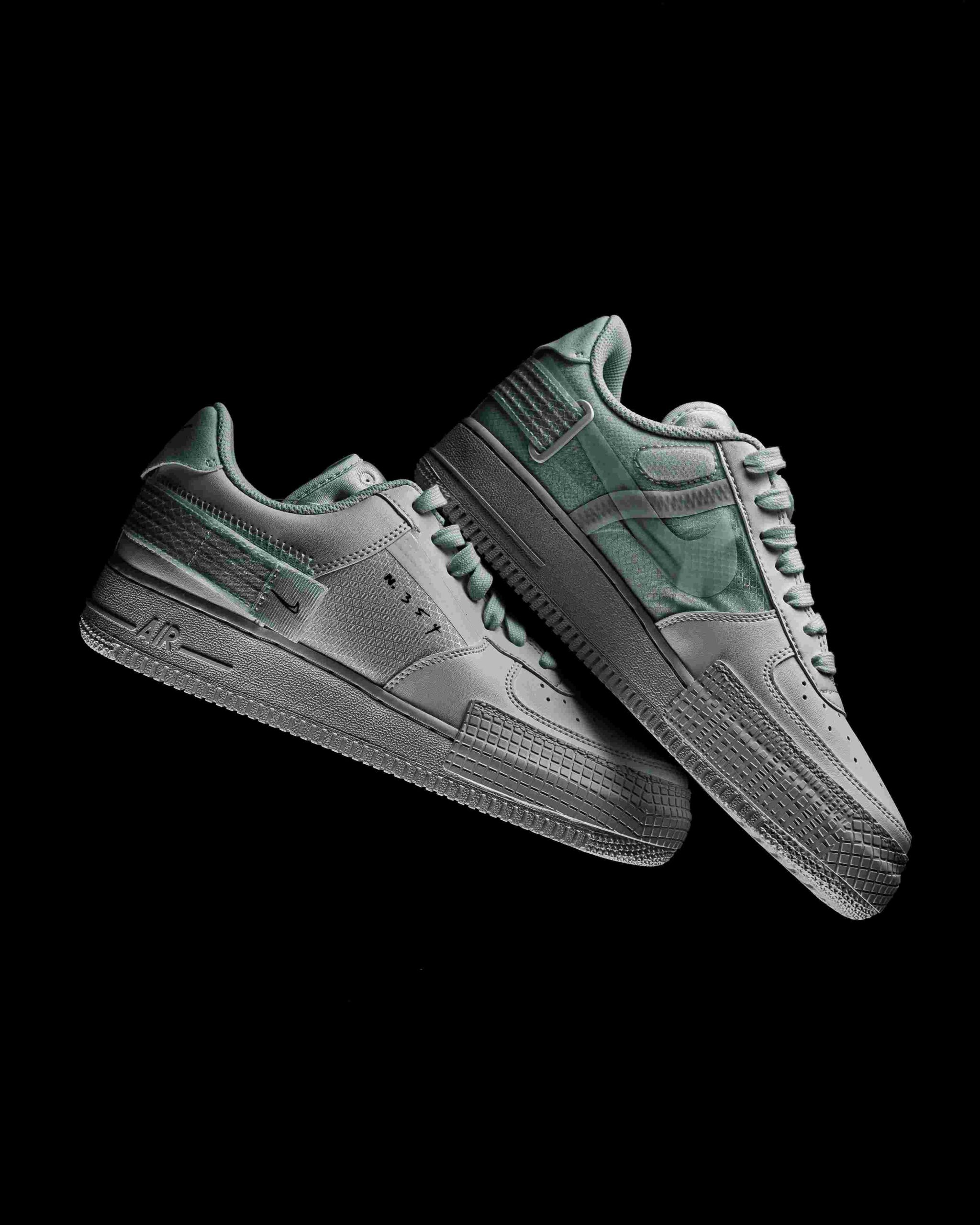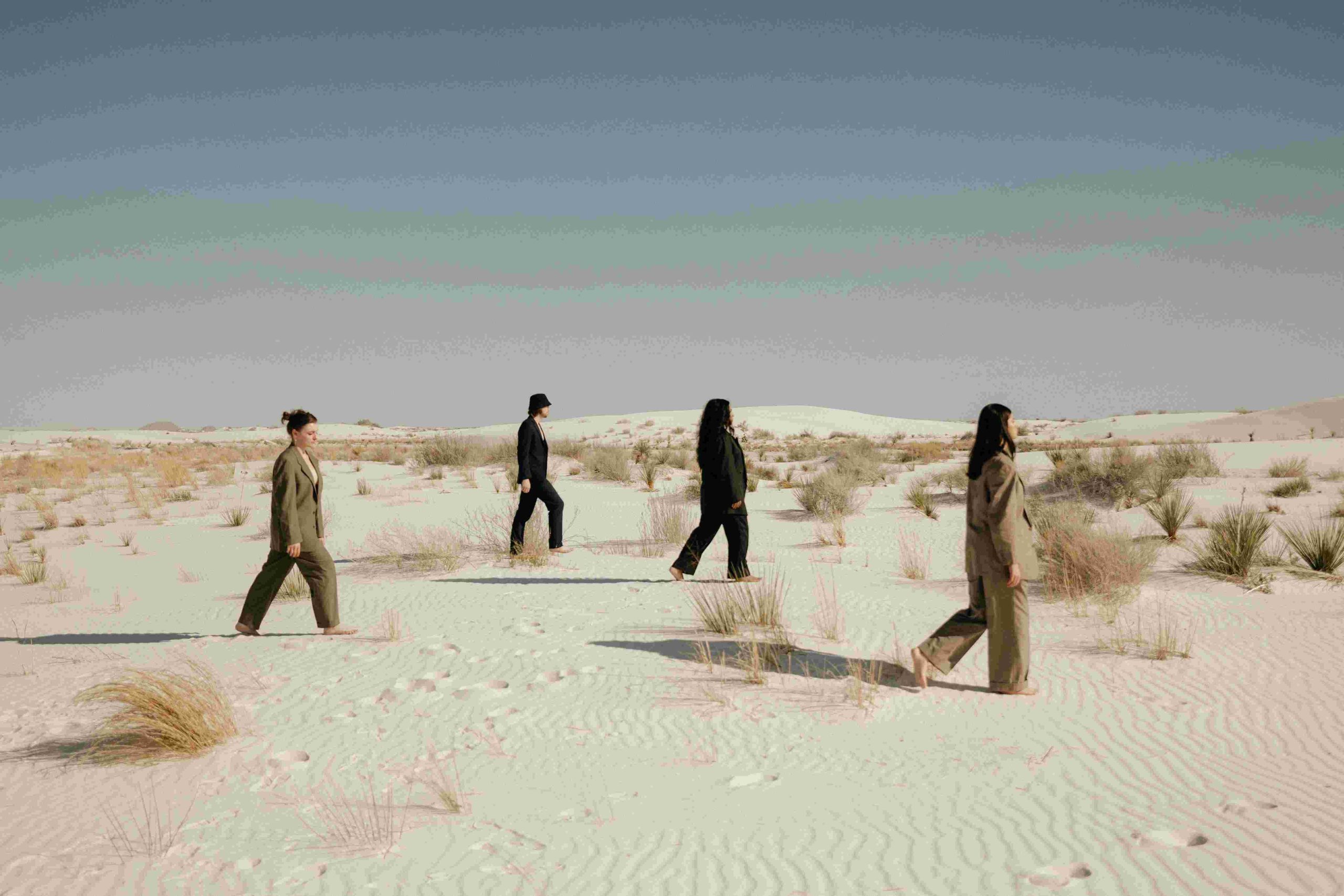The Cost of Style: Unpacking the Impact of Fast Fashion on Sustainability
Every year, millions of tons of clothing are discarded, not because they are worn out, but because they have fallen out of style. This alarming trend, bolstered by the meteoric rise of fast fashion, raises a critical question: at what cost does our quest for trendy apparel come? The answer lies not only in our personal wardrobes but also in the fabric of our society and the health of our planet.
From Personal Wardrobe to Global Challenge
Reflecting on my own experiences, I remember the excitement of unboxing a new outfit from a popular fast-fashion retailer. The thrill of cheap, chic clothing overshadowed any lingering thoughts about its origins. Yet, as I became more aware of the harsh realities of textile production — exploitation of workers, environmental degradation, and a throwaway culture — my perspective shifted. What I once viewed as a harmless indulgence became a glaring issue intertwined with social justice and ecological sustainability.
Questioning the Norm: Rethinking Consumption
Society has long celebrated consumption as a symbol of success and status. Fast fashion preys on this mindset, reeling in consumers with designs that appear to be at their fingertips, season after fleeting season. Traditional wisdom suggests that more choices lead to greater satisfaction. However, evidence is mounting that an abundance of options can actually deplete our happiness and contribute to the cycle of waste. Instead of being fulfilling, the constant chase for the next ‘it’ item fosters dissatisfaction and anxiety.
Connecting the Dots: A Multidisciplinary Approach
The implications of fast fashion are not merely economic; they extend into psychology, philosophy, and even technology. Understanding the psychology behind our purchasing choices reveals a complex interplay of desire, identity, and social validation. Philosophically, we must dissect the ethics of rampant consumerism: are we, as consumers, complicit in a system that prioritizes profit over the planet? The technological innovations that have facilitated fast fashion’s growth are laudable, yet they also emphasize the urgency for change in how that technology is applied.
Future Trends: Evolution or Extinction?
Looking ahead, we face a critical junction. The fashion industry must adapt or risk obsolescence as consumers begin to prioritize sustainability over fleeting trends. The rise of circular fashion, where products are designed with their end of life in mind, shows promise. Companies that embrace transparency and prioritize ethical production can capture a dedicated consumer base longing for authenticity over artifice.
Taking Action: Practical Steps Toward Ethical Consumption
Change begins with individual action. Here are some practical steps that readers can take to combat the adverse effects of fast fashion:
-
Shop Mindfully:
Before making a purchase, ask yourself: Do I really need this item? Will I wear it beyond a season? -
Invest in Quality:
Opt for timeless pieces made from sustainable materials that can withstand the test of time. -
Explore Secondhand:
Thrift shops and online marketplaces offer unique, budget-friendly options that keep clothing out of landfills. -
Educate Yourself:
Stay informed about sustainable brands and ethical practices. Knowledge is a powerful tool in making better choices. -
Advocate for Change:
Use your voice and platform to promote sustainability in fashion. Support policies that push for higher standards in the industry.
Imagining a Sustainable Future
To comprehend the scale of our consumption, consider a metaphor: our fashion choices are like ripples in a pond, spreading further and further with each action we take. Every garment purchased has a ripple effect on the environment and the lives of those who produce it. If we begin to replace those ripples of waste and pollution with waves of sustainable practices, we may witness a transformative shift in both our fashion culture and global consciousness.
The Importance of Lifelong Learning
In this journey toward sustainable fashion, commitment to lifelong learning is essential. The landscape of ethical fashion is continually evolving, influenced by new ideas and emerging technologies. Embracing a mindset of curiosity allows us to remain proactive rather than reactive, adapting to the growing body of knowledge surrounding sustainability.
Actionable Inspiration for Change
Readers, the time for action is now. Examine your closets, reflect on your purchasing patterns, and challenge the status quo of fast fashion. Let every outfit tell a story of ethical choices and environmental stewardship. By consciously choosing where to invest our resources, we can create a powerful statement that transcends the clothing itself — a movement rooted in sustainability and respect for our planet.
Don’t simply take my word for it; renowned environmentalist and author William McDonough states, “Design is the first signal of human intention.” If our collective intention shifts toward sustainability, we can reshape the fashion industry. Together, we wield the power to challenge norms, reshape industries, and cultivate a world where style harmonizes with sustainability.










